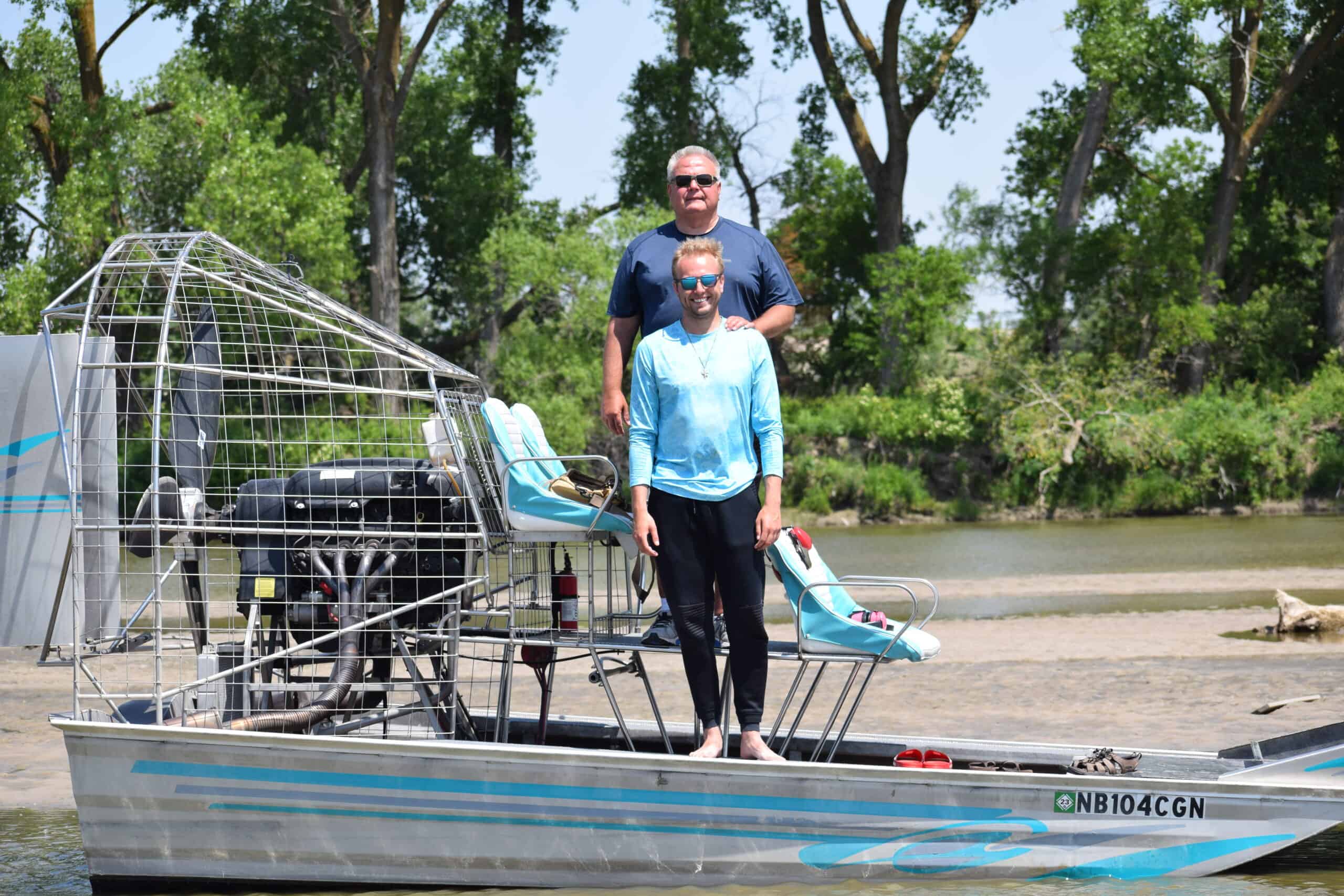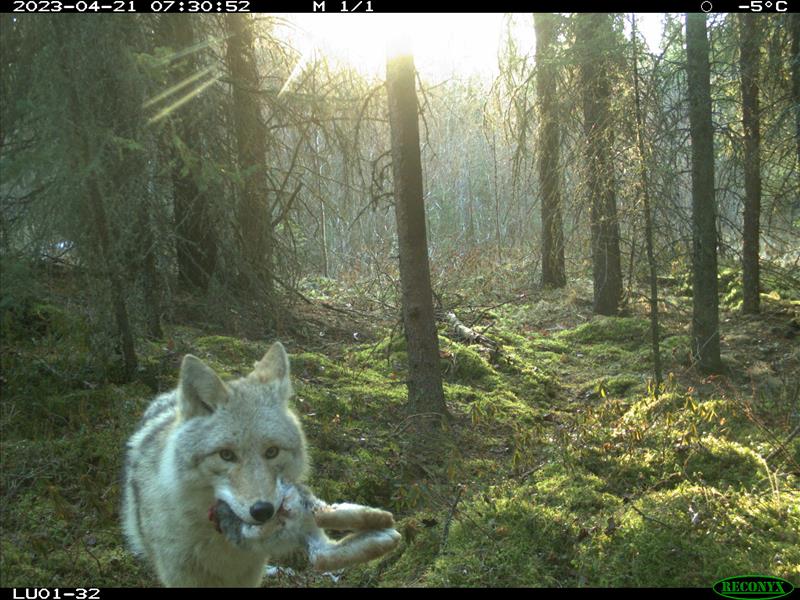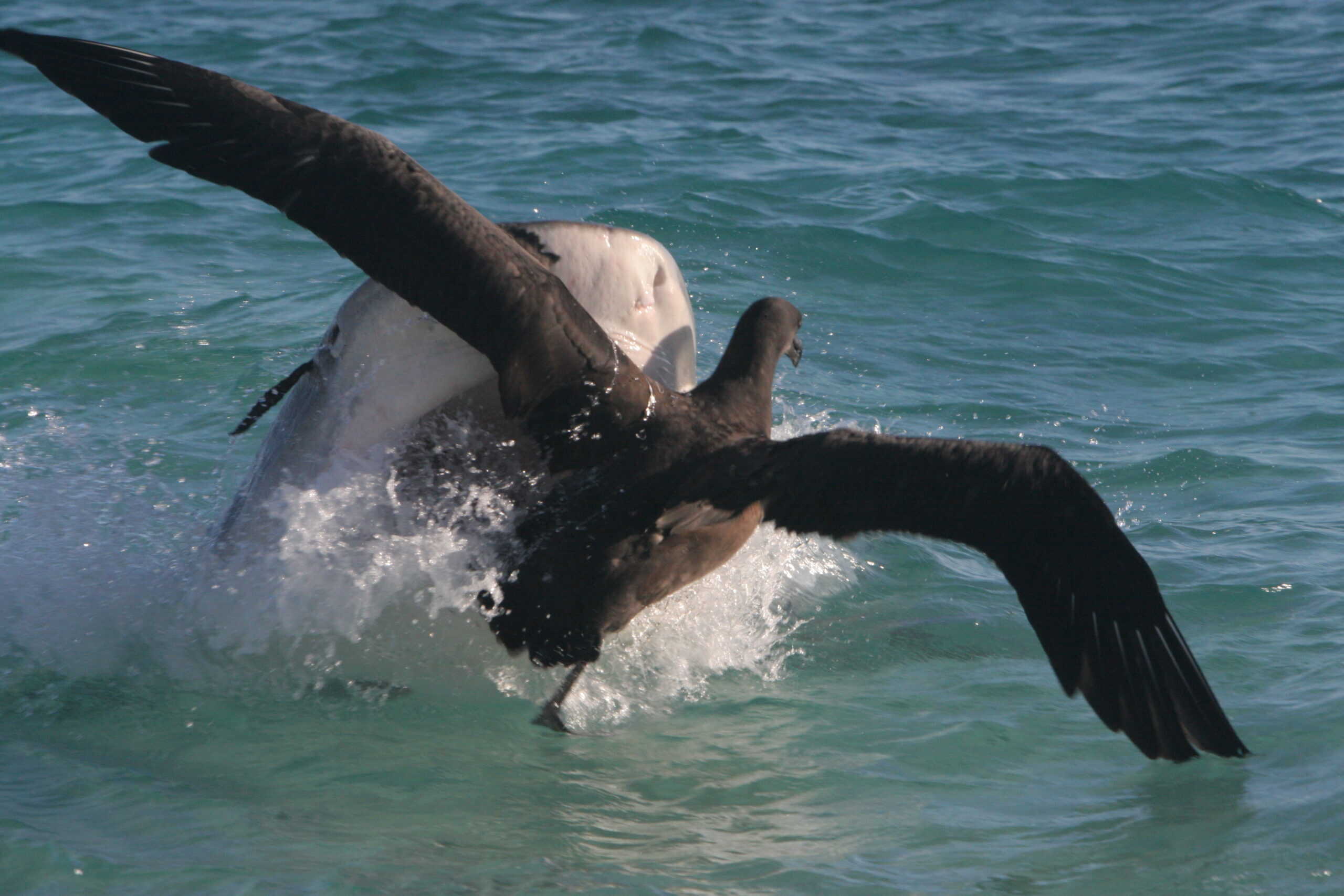Share this article
House Natural Resources Committee discusses five ESA bills
The House Natural Resources Committee held a hearing regarding five bills focused on different aspects of the U.S. Endangered Species Act on Jul. 19. The ESA has been the subject of much debate in Congress for the past several years, and these bills are aimed at modifying the ESA to make it more effective and cooperative. At least two of the proposed bills are receiving bipartisan support.
Five witnesses provided testimony before the committee — Jeff Corwin, a biologist and host of ABC’s Ocean Treks with Jeff Corwin; Glenn Hegar, Comptroller of Public Accounts for the State of Texas; Kent Holsinger, Manager at Holsinger Law, LLC; David Willms, Policy Advisor for Wyoming Governor Matt Mead; and Greg Sheehan, Acting Director, U.S. Fish and Wildlife Service.
H.R. 424 – Gray Wolf State Management Act
Rep. Collin Peterson (D-MN) spoke in support of H.R. 424, a bill he introduced with bipartisan support that would require the U.S. Department of the Interior to reissue USFWS’ final rules that removed the gray wolf from the Endangered Species list in the Western Great Lakes and Wyoming and exempt those rules from judicial review. Under this bill, the USFWS would have the ability to relist the wolves if the population numbers warranted it. There are a number of other pieces of similar legislation making their way through Congress. The USFWS first attempted to delist the gray wolf from Wyoming in 2008 and from the Western Great Lakes in 2007, but litigation has vacated those rules.
In Sheehan’s written testimony, he indicated his support for the bill declaring, “The legislation would not legislatively delist these wolf populations, rather it would reinstate science-based rules that went through the public rulemaking process.” During his testimony he stressed that the ESA was never intended to manage these species indefinitely, pointing out that “there are limited resources to manage the [species] and we need to focus those resources on those that are in the greatest need.”
In his written testimony, Corwin held a different opinion and stated “This bill continues a damaging precedent of allowing politicians to interfere with science-based listing decisions and encourages other insidious legislative attacks on the ESA.”
H.R. 2603 – Saving America’s Endangered Species (SAVES) Act
H.R. 2603, introduced by Rep. Louie Gohmert (R-TX) — the other bill with bipartisan support — would amend the ESA so that endangered nonnative species once in the United States cannot be treated as threatened or endangered species under the Act, thus reducing the regulations surrounding the transport and trade of the species. Rep. Gohmert spoke about the challenges for captive breeders, including zoos and private citizens, of federal permitting through the captive bred wildlife program and the valuable role private breeders can play in supporting captive populations and the future reintroduction of species. According to Rep. Alan Lowenthal (D-CA), the bill is opposed by some in the conservation community and the Association of Zoos and Aquariums.
Corwin argued that this bill would eliminate protections for some listed foreign species like elephants and pangolins. Sheehan pointed out that the bill “could create enforcement challenges related to wildlife trafficking,” but also acknowledged the value of reducing the duplication of regulations between the ESA and the Convention on International Trade in Endangered Species of Wild Fauna and Flora (CITES) for international species. Hegar wrote in his testimony that the SAVES Act would take stakeholder input and economic considerations into account, provide additional opportunities for species conservation, reduce the federal regulatory burden, and allow for economic activities in local communities.
H.R. 717 – Listing Reform Act
Rep. Pete Olson’s proposed bill (H.R. 717) would enable the USFWS and the National Marine Fisheries Service (NMFS) to consider the economic effects that may occur from listing a species or designating critical habitat under the ESA, and decline to list a species as a result of those determined economic impacts. Currently, economic effects cannot be used in a listing decision. The bill would also enable the USFWS and the NMFS to prioritize petitions to list a species under the ESA at their discretion; currently petitions must be considered in the order they are received. H.R.717 would require the USFWS and the NMFS refrain from prioritizing listing petitions over delisting petitions. It would also remove the 12-month deadline to process petitions, instead having them be processed as expeditiously as practical, in an effort to limit the number of suits that could be filed against the agencies for failing to meet the current deadlines.
Sheehan testified in favor of changing the current petition deadlines, as it can be challenging for the USFWS to meet them. He also attested that the current number of lawsuits cause resources to be diverted away from conservation and towards litigation. Sheehan also stated that the USFWS would like to work with the committee to determine how economic impacts should be appropriately considered, but maintained that listing decisions should be based on science.
H.R. 1274 – State, Tribal, and Local Species Transparency and Recovery Act
The bill (H.R. 1274) initially introduced by Rep. Dan Newhouse would require that data used as a basis for listing species and designating critical habitats be made available to the impacted states. It would also require USFWS and NMFS to include data submitted by state, local, tribal, or county governments as part of the best available scientific and commercial data when reviewing the status of the species. This legislation is identical to legislation that passed the House with bipartisan support in the 113th Congress.
In Willms’ testimony, he discussed the fact that states may have access to data that no one else does and he expressed his support for the recommendations made by the Western Governors’ Association. Those recommendations indicate an importance of engaging with states as “states maintain strong wildlife management expertise, relationships with their regulated communities, and are able to better identify those individuals and entities that can best contribute to the recovery planning process.”
Sheehan’s testimony supports requiring data submitted by states, tribes, and local governments be taken into consideration for decisions made under the ESA. However Sheehan also testified that such data should not be automatically deemed the “best scientific and commercial data available,” which is the current requirement in the bill. Sheehan’s testimony stated, “defining that term to automatically include data submitted by states, tribes, and counties, without regard to its quality, would be a significant departure from scientific integrity standards.”
H.R. 3131 – Endangered Species Litigation Reasonableness Act
Rep. Bill Huizenga introduced H.R. 3131, which would standardize the awarding of attorney’s fees in suits by private parties against the federal government according to the fee-shifting requirements of the Equal Access to Justice Act. He argued that the current fees that are paid out under the ESA are a bad use of taxpayer dollars.
Holsinger testified that environmental law is no longer the extremely specialized field it was when the ESA was first enacted and no longer justifies the large fee awards and hourly rates. Sheehan’s testimony supports limiting the attorneys’ fees to current judicial code standards, however, the USFWS wonders whether the legislation would require all prevailing fee awards be paid through annual appropriations or through the Judgement Fund, as is current law and would welcome the opportunity to work with the committee to clarify the legislation.
Read TWS’ Position Statements on The U.S. Endangered Species Act and Wolf Restoration and Management in the Contiguous United States.
Header Image: ©John and Karen Hollingsworth/USFWS








